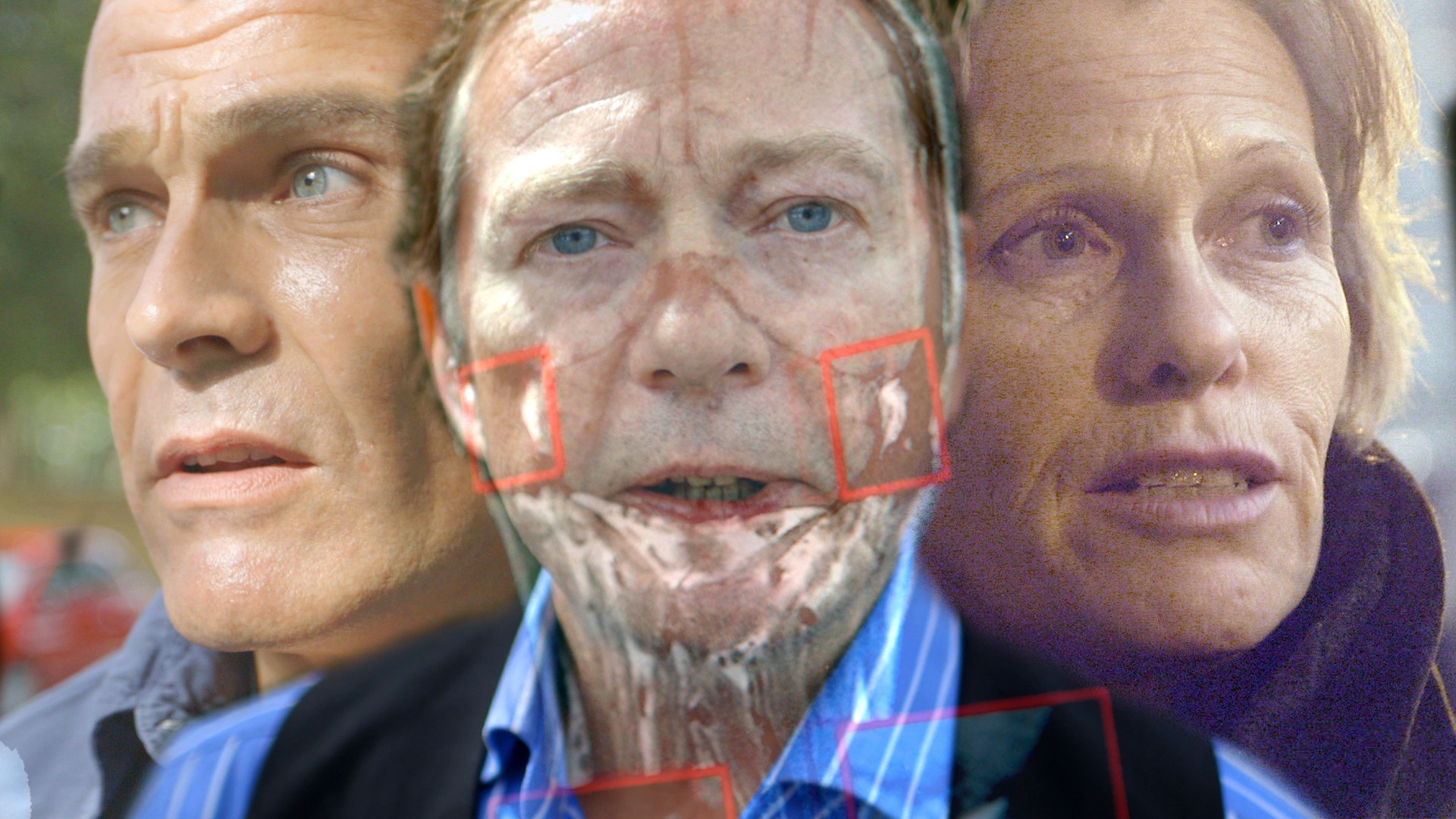We've come a long way from presidential assassinations being the most popular subject of conspiracy theorists. All that Kennedy speculation seems almost chintzy now, a bit of fun, like a ghost story. These days, conspiracy theories seem much more serious, as does the behaviour of those who believe in them.In 2017, the landscape has changed. Conspiracy theorists are no longer just the net-dwelling, pot-smoking, COD-playing, Reddit-imbibing losers they once were; now, the notions of conspiracy are so deeply woven into the way we process information that it's become a default mental setting for people from across all strains of society – the YouTube "sceptics"; your aunt sharing links from abovetopsecret.com; that otherwise totally normal guy you work with who very genuinely believes in chemtrails.People don't trust government, the media, big business or any other institution that wields a great amount of power. In the wake of the devastating fire at Grenfell Tower last week, an erudite young man told a BBC reporter of how he and the rest of his community felt as if they were a burden to their wealthier neighbours, their homes seen as an eyesore. He said he wouldn't be surprised if the tower was set on fire on purpose by the government or local council, so they could get rid of the unsightly block and the people in it.It was an emotional response, of course, but symptomatic of the public thinking only the worst of their leaders. They feel conspired against every day of their lives, so it's no surprise when these are the conclusions they come to. But where did this culture, in its current incarnation, begin? And what does it mean for those growing up under its cloud?
WATCH: 'Targeted Individuals', our documentary about people who believe they're being subjected to government mind control.
Arguably the most famous conspiracy theory of our time is that of 9/11 being an "inside job". That the attack was perpetrated not by al-Qaeda, but as a kind of ultra-insurance damages bid / culture of fear-sparking / war-for-oil justification by the powers that be. It was a controlled demolition, they say. Why does no one talk about the fact Building 7 wasn't actually hit by a plane, they ask.We're all familiar with the general tropes of it – "jet fuel can't melt steel beams", etc – as they've been wheeled out ad infinitum by thousands of forum users for over 15 years. Dylan Avery's 2005 documentary Loose Change was the genesis of the proliferation of this theory, but in terms of how conspiracy theory now informs the general mentality of people in the 2010s, we should take a closer look at another film: Zeitgeist.Peter Joseph's 2007 film included a section about 9/11, but began with a kind of debunking of organised religion. It argued that all origin stories of many religious figures, such as the Egyptian Horus and Greek Dionysus, contain the same bases: a virgin birth, a resurrection and, oddly, a December 25th birthday. Much of this is completely erroneous, and the "Christ myth theory" – the name for this type of argument – has been widely debunked by most all religious historians. But Zeitgeist was a powerful film, and to the masses of surly teenagers who would have watched it, it would prove to be one of the first steps they would take to the pseudo-intellectual Spaghetti-monster atheism which is now so prevalent.So what does atheism have to do with conspiracy theory? Surely the supposed ultra-enlightened intelligence of forum atheism is at odds with the crackpot conspiracy? Sometimes. But a lot of it is born from the same level of scepticism. Atheism is not just the lack of belief in higher powers or deities; it's often interwoven with antitheism, and many who identify as atheists have furious antitheist tendencies. It is, to some, an affront to their right to live in a world without violence and war, for which they blame religion almost entirely. Conspiracy theories now are about the powers that be trying to harm you and your family, and take away your rights. Nowhere is this more ubiquitous than in the USA, where a multitude of conspiracies are centred around their battle to retain gun rights – something they know they'll never lose.False flag is a term used predominantly in warfare to describe actions taken to deceive the enemy into thinking those who are innocent are actually guilty of a specific thing. Unfortunately, nowadays, it is used every single time any shooting or attack is perpetrated on American soil, often with people not really understanding what it is they're saying.In 2014, New York Magazine published "The Sandy Hook Hoax", an article detailing the incredible levels of abuse the families of Sandy Hook victims received from conspiracy theorists who believed their children never even existed – that the shooting was concocted as a way of getting increased gun control on the agenda. Now, all shootings are treated the same way. But these theories don't exist in a vacuum; there are people who profit from promoting these things. And in the case of Sandy Hook, one of them recently stuck to his guns, even though his credentials are rapidly falling away.Alex Jones, the blustering, screaming, puce head honcho of InfoWars – an independent "news" outlet that consistently peddles conspiracy theory as fact, but with none of the attempted (but still largely wrong) scientific and factual nuance of, say, Loose Change. There are no interviews with "experts", merely other guffawing red-pill-ers who can see the truth and are shocked that you can't. Jones, after the election of Donald Trump, seems to have lost his way – a soldier with no war to fight any more, after his screeching damnation of Hillary Clinton apparently worked. He is currently embroiled in a domestic legal battle, in which his defence claim his oeuvre is more act than not. To many, this level of performative conspiratorial thinking is no act, and manifests in abuse of people who suffer, as in the case of the Sandy Hook parents.It comes back to the attitude of the message board atheist: raging at people who can't see what's really going on. But modern conspiracy seems to be less about the conspiracies of yore, in which the government and powers were hiding things from you, a la Area 51. Now, it's about a government attack on the people, their bodies, minds and rights.The proliferation of misinformation masquerading as truth has made theorists out of thousands. And it's no coincidence that conspiracy theories growing in popularity has happened alongside the continued exposure of nefarious goings-on in the mainstream media and throughout global politics. People are seeing generations of lies and duplicity exposed almost every week. Children being abused by politicians for decades, state-sanctioned murder abroad, arms deals, death and destruction. As we know, not all conspiracy is just theory. Some of it's completely true.@joe_bishMore from VICE:The Wikileaks-Linked Murder Conspiracy Consuming Conservative MediaAfter the Syria Strike, Conspiracy Theorists Are Out to Get TrumpUnwrapping the Conspiracy Theory at the Heart of the Alt-Right
Advertisement
WATCH: 'Targeted Individuals', our documentary about people who believe they're being subjected to government mind control.

Arguably the most famous conspiracy theory of our time is that of 9/11 being an "inside job". That the attack was perpetrated not by al-Qaeda, but as a kind of ultra-insurance damages bid / culture of fear-sparking / war-for-oil justification by the powers that be. It was a controlled demolition, they say. Why does no one talk about the fact Building 7 wasn't actually hit by a plane, they ask.
Advertisement
Advertisement
Advertisement
